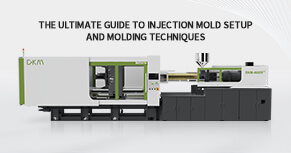

Injection molding is one of the techniques that is used to create plastic parts. While it is easy to get into the process, some mistakes are possible.
Injection molding is one of the famous and vital technologies for mass-producing items out of thermoplastic, usually without post-finishing.
A typical issue likely to be experienced within an injection moulding operation is low back pressure or high vent pressure, which is expected to cause cavity splay or variation in the thickness of the part. To avoid such a problem, you must be keen and frequently read the pressure settings, temperature controller, and barrel temperature. Also, issues concerning the automation of the cooling system, inadequate venting, or obstruction of the runners can affect the quality of the moulded part.
Retrofits can improve technology that lets the controller manage the temperature, nozzles, and overall energy of the injection system. This is because modern features can be installed into used machines to help moulders raise the magnitude of production.
There are numerous materials that are used in the plastic injection moulding and variety is possible for the manufacturer who wants to be assured he is creating efficient parts of high quality. Injection molding feed materials are for instance ABS, PP, polycarbonate and nylon.
The energy consumption in an injection molding firm is variable and can be controlled by the following factors. For instance, booting up a host machine of a new start-up may require a lot of power. Thus, conventional hydraulic systems are hardly efficient, as hydraulic implements continuously consume power.
The concept of globalization Supply chain management is central in manufacturing.
Bioplastic injection machine manufactures plastics using bioplastics obtained from renewable resource base stock such as sugar, corn, or plant cellulosic. These bioplastics can be classified as biodegradable, compostable or bio-based, which are comparatively better than regular petroleum-based plastics. The resins based on the biopolymer for the bioplastic injection moulding manufacturing process are becoming equally popular among manufacturing companies and end users.
The increased application of 3D-printed injection molds is a new opportunity for manufacturers. By molding a prototype mold using a 3D printer, companies will likely reduce the time and money used to generate a mold. High-temperature resin and temperature-resistant 3D printing materials have also developed print and exterior designs that can be used directly in injection molding.
Scrub an extensive cleaning list to check all the subassemblies that require proper functioning. Care must be taken to occasionally check on the injection screw, injection cylinder, and valve for signs of any trouble. Besides, the location of a hydraulic accident to check for leakage in the hydraulic system and the control of the temperature of the injection molding machine can contribute a lot to the performance of the injection molding machine.
Scrub an extensive cleaning list to check all the subassemblies that require proper functioning. Care must be taken to occasionally check on the injection screw, injection cylinder, and valve for signs of any trouble. Besides, the location of a hydraulic accident to check for leakage in the hydraulic system and the control of the temperature of the injection molding machine can contribute a lot to the performance of the injection molding machine.
The process of injection mold setup may refer to a sequence of tasks of preparing and installing the different mold components that are mandatory to start the injection molding process. Before the actual process of making the plastic mold, the mold has to be correctly fixed and positioned onto the plastic injection molding machine.


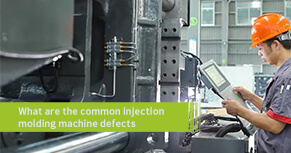
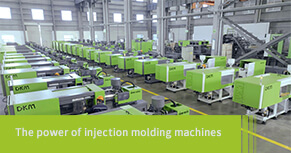
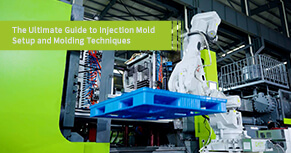
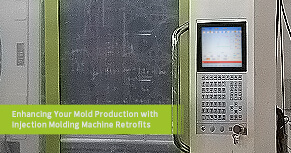
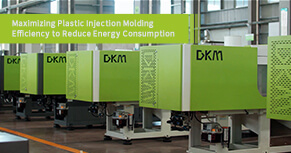
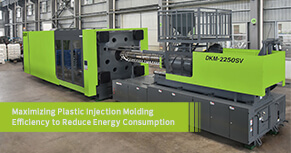
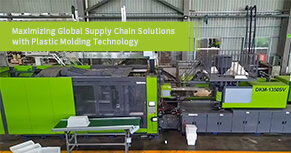
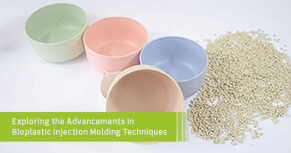

.jpg)

